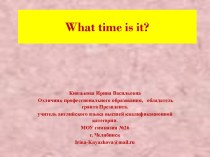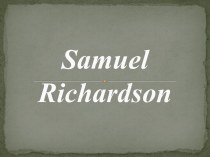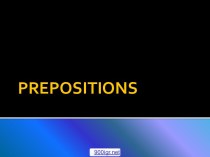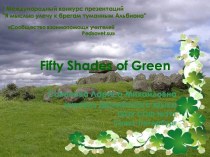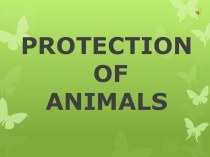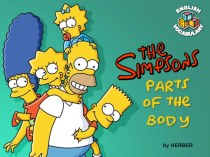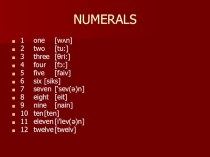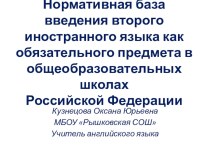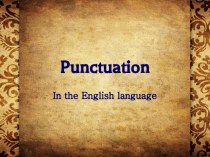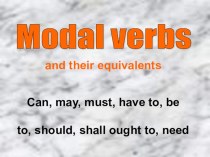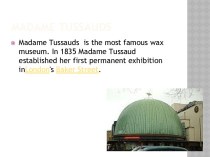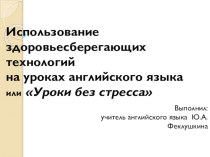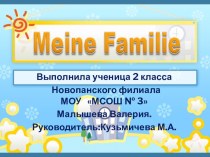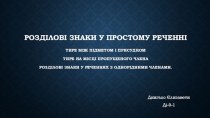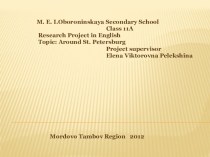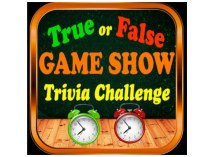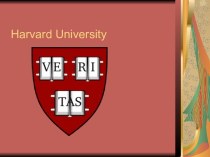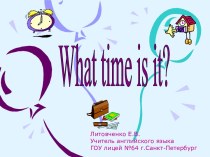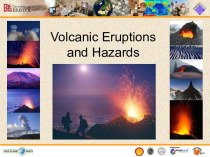- Главная
- Разное
- Бизнес и предпринимательство
- Образование
- Развлечения
- Государство
- Спорт
- Графика
- Культурология
- Еда и кулинария
- Лингвистика
- Религиоведение
- Черчение
- Физкультура
- ИЗО
- Психология
- Социология
- Английский язык
- Астрономия
- Алгебра
- Биология
- География
- Геометрия
- Детские презентации
- Информатика
- История
- Литература
- Маркетинг
- Математика
- Медицина
- Менеджмент
- Музыка
- МХК
- Немецкий язык
- ОБЖ
- Обществознание
- Окружающий мир
- Педагогика
- Русский язык
- Технология
- Физика
- Философия
- Химия
- Шаблоны, картинки для презентаций
- Экология
- Экономика
- Юриспруденция
Что такое findslide.org?
FindSlide.org - это сайт презентаций, докладов, шаблонов в формате PowerPoint.
Обратная связь
Email: Нажмите что бы посмотреть
Презентация на тему Australian English
Содержание
- 2. Australian English (AuE, AusE, en-AU) is the form of the English language used in Australia.
- 3. Australian English began to diverge from British
- 4. The first Australian gold rushes
- 5. Americanisation" of Australian English
- 6. Since the 1950s, the
- 7. Both American and British English
- 8. Because of the countries'
- 9. Irish influences Many Australians are
- 10. Vocabulary Australian English has many words
- 11. The origins of other words
- 12. Some elements of
- 13. Скачать презентацию
- 14. Похожие презентации
Australian English (AuE, AusE, en-AU) is the form of the English language used in Australia.













Слайд 3 Australian English began to diverge from British English
shortly after the foundation of the penal colony of
New South Wales (NSW) in 1788. British convicts sent there were mostly from large English cities, including the Cockneys of London. Joining them were many free settlers, military personnel, and administrators, along with their families.In 1827 Peter Cunningham, in his book Two Years in New South Wales, reported that native-born white Australians — known then as "currency lads and lasses" — spoke with a distinctive accent and vocabulary, with a strong Cockney influence. The transportation of convicts to Australian colonies ended in 1868, but immigration of free settlers from Britain, Ireland and elsewhere continued.
Слайд 4 The first Australian gold rushes in
the 1850s attracted a lot of immigrants.
During
the 1850s, when Great Britain and Ireland suffered major economic hardship, about two per cent of their combined populations emigrated to the Colony of NSW and the Colony of Victoria . Around the same time, many migrants who spoke English as a second language, mostly from German-speaking countries, also arrived.
Слайд 5
Americanisation" of Australian English —
borrowing of words, spellings, terms, and usages from North
American English — began during the goldrushes. Among the words imported are some considered to be typically Australian, such as dirt and digger.The influx of American soldiers in World War II brought more American influence, though most American words were short-lived. Only okay, you guys, and gee have persisted.
Слайд 6
Since the 1950s, the influence
of US English via pop culture, the mass media
— books, magazines , television programs, and computer software — and the world wide web have led to a new wave of Americanisation.Some words, such as freeway and truck, have naturalised completely so that few Australians recognise their American origin.
Слайд 7 Both American and British English variants
sometimes occur side-by-side, such as TV and telly as
an abbreviation of television.Elsewhere British words predominate: mobile or mobile phone instead of cell or cellphone, lift instead of elevator.
In many cases — as in telly versus TV and SMS versus text, freeway and motorway — regional, social and ethnic variation within Australia typically determines word usage.
Слайд 8
Because of the countries' shared
history and geographical proximity, Australian English is most similar
to New Zealand English.But differences between the two spoken versions are clear to speakers of either country, mostly because of some vowels. There are also striking differences in vocabulary.
Слайд 9
Irish influences
Many Australians are of
Irish descent. Some Irish influences include the non-standard plural
of "you" as "youse" /jʉːz/, sometimes used informally in Australia, and the expression "good on you" or "good onya".Another Irish influence is use of the word me replacing my, such as in the phrase Where's me hat? This usage is generally restricted to informal situations.
Слайд 10
Vocabulary
Australian English has many words
that Australians consider unique to their language. One of
the best-known is outback, meaning a remote, sparsely-populated area. Another is Bush, meaning either a native forest or a country area in general.Other similar words, phrases and usages were brought by the convicts to Australia. Many words used frequently by country Australians are, or were, also used in all or part of England, with variations in meaning.
Слайд 11 The origins of other words are
not as clear or are disputed. Dinkum (or "fair
dinkum") means "true", or when used in speech: "is that true?", "this is the truth!", among other things, depending on context and inflection.Similarly, g'day, a stereotypical Australian greeting, is no longer synonymous with "good day" in other varieties of English (it can be used at night time) and is never used as an expression for "farewell", as "good day" is in other countries.
Слайд 12
Some elements of Aboriginal
languages have been included into Australian English—mainly as names
for places, flora and fauna (for example dingo).Beyond that, little has been adopted into the wider language, except for some localised terms and slang. Some examples are cooee and Hard yakka. The former is used as a high-pitched call, for attracting attention, (pronounced /kʉː.iː/) which travels long distances. Cooee is also a notional distance: if he's within cooee, we'll spot him. Hard yakka means hard work and is derived from yakka, from the Yagara/Jagara language once spoken in the Brisbane region.
Also from there is the word bung, meaning broken or pretending to be hurt. A person pretending to be hurt is said to be "bunging it on". A hurt person could say "I've got a bung knee".
